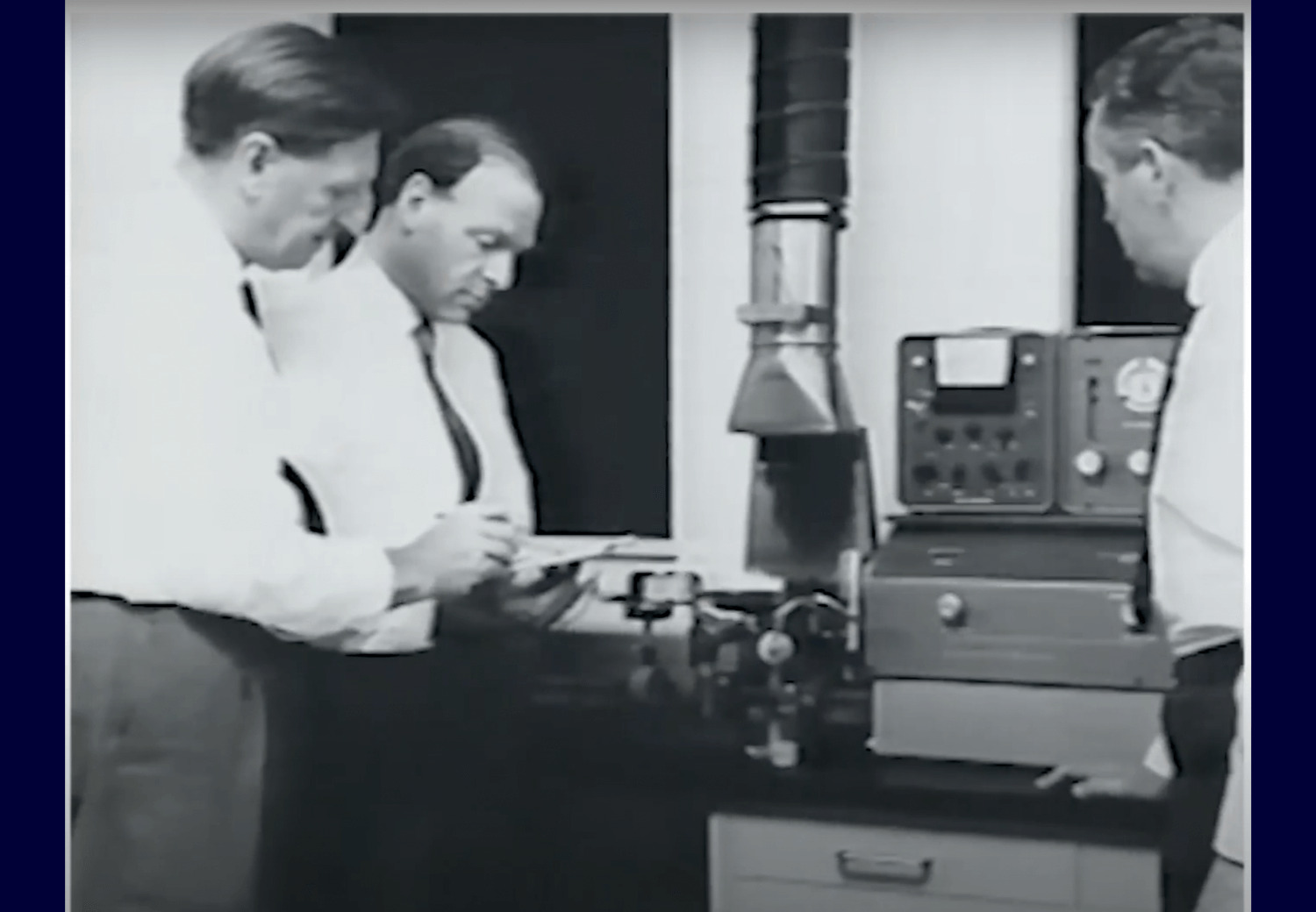Yeah. Think about it at a personal level, are you more likely to want to partner with someone to resolve an open item, if they come to you and say, “Hey, Thuy, I need this to happen, so I need you to do these four things?” Or are you more likely to partner with them to get the outcome if they come to you and say, “Hey, Thuy, we’re trying to solve this problem. I was thinking about it from your point of view, these things are probably important to you. Here are the things that are important to me. How should we solve this problem together?” It’s going to be the latter.
And, for me, the empathy thing really stems from growing up, my father is from Hungary and my mother is from Germany. I am an only child, both came from families that didn’t have a lot, they both came over the US to build a life. And I ended up having the opportunity when I was 13, to go live with my aunt in Germany, because my parents wanted me to experience a different geography. I didn’t speak the language. My cousin spoke English, but I didn’t speak German.
And I remember – this is pre-internet days, so there’s a little bit of dating for you – I was in the Berlitz dictionary looking up how to say words. And that entire summer I was thrown off, and I had some hard moments, I had some happy moments. But it just reminded me… and I see this connection today, I didn’t see it this explicitly then, you’ve got to meet people where they are, not where you want them to be. And if you meet them where they are, and you work together, looking at from their point of view, you’re not just solving the situation you’re in, you’re creating a multiplication event, because people in organizations tend to have similar mannerisms to the leaders in their organization. And so if you consistently act in a way, good or bad, it ends up permeating through the organizations. You want to have as many of those good behaviors as possible.




